In the Philippines, there is a significant population of individuals with special needs, including special needs cats. These felines require extra care and attention due to their physical or cognitive disabilities. To ensure their well-being and quality of life, it is crucial to provide a compassionate and supportive environment.
Key Takeaways:
- There is a significant population of special needs cats in the Philippines.
- Special needs cats require additional care and support due to their disabilities.
- Creating a compassionate and supportive environment is essential for their well-being.
- Special needs cats can still live fulfilling lives with the right accommodations and love.
- Seeking support from local organizations and communities is important for the well-being of special needs cats.
Understanding Special Needs Cats
Special needs cats are felines that have physical or cognitive disabilities that require additional care and support. These cats may have mobility issues, visual impairments, chronic health conditions, or behavioral challenges. It is important to understand their specific needs and provide a safe and nurturing environment for them.
Special needs cats can still live fulfilling lives with the right accommodations and love. They may require extra care in terms of mobility assistance, regular veterinary check-ups, and tailored nutrition plans. It’s essential to prioritize their well-being and ensure they receive the attention and care they deserve.
Whether it’s providing ramps or stairs for cats with mobility issues, using toys specifically designed for visual impairments, or implementing behavior modification techniques, every aspect of their daily life should be tailored to their specific needs. Creating a supportive environment that minimizes stress and maximizes comfort is crucial for the overall well-being of special needs cats.
Common Challenges Faced by Special Needs Cats:
- Mobility limitations: Special needs cats with mobility issues may struggle to climb, jump, or navigate stairs. Providing ramps, steps, or platforms can help them move around more easily.
- Visual impairments: Cats with visual impairments may have difficulty with depth perception or navigating their surroundings. Creating a consistent and safe living space can help them feel more secure.
- Chronic health conditions: Some special needs cats may have chronic health conditions, such as diabetes or kidney disease. It’s important to work closely with a veterinarian to manage these conditions and ensure they receive the necessary medical treatments.
- Behavioral challenges: Cats with disabilities may exhibit behavioral challenges, such as anxiety or aggression. Implementing positive reinforcement techniques and providing mental and physical enrichment can help manage these challenges.
By understanding the unique needs of special needs cats and providing them with a supportive and compassionate environment, we can ensure that they have the opportunity to live happy and fulfilled lives.
Creating a Supportive Environment
To provide optimal care for Special Needs Cats, it is essential to create a supportive environment that caters to their unique needs. By making modifications to their living space, establishing routines, and providing mental and physical stimulation, you can enhance their well-being and quality of life.
Modifying the Living Space
Modifying the living space can greatly improve the comfort and accessibility of Special Needs Cats. Consider installing ramps or stairs to assist cats with mobility issues, allowing them to navigate different levels of the home with ease. Providing soft bedding is also essential for cats with sensitive skin or who require extra cushioning for their joints. Creating designated areas that are quiet and low-stress can help them find solace when needed.
Establishing Routines
Creating a consistent routine can help Special Needs Cats feel secure and reduce stress. Maintain regular feeding times, litter box cleaning, and play sessions to establish a sense of predictability. Cats thrive on routine, and this stability can make a significant difference in their overall well-being.
Mental and Physical Stimulation
Special Needs Cats need mental and physical stimulation to keep them engaged and entertained. Provide interactive toys and puzzles that cater to their abilities and challenges. Engage in playtime sessions to encourage exercise and mental engagement. These activities will not only stimulate their minds but also promote their overall well-being.
Creating a supportive environment for your Special Needs Cat is crucial in ensuring their happiness and comfort. By making modifications, establishing routines, and providing stimulation, you can give them the best possible care and improve their quality of life.
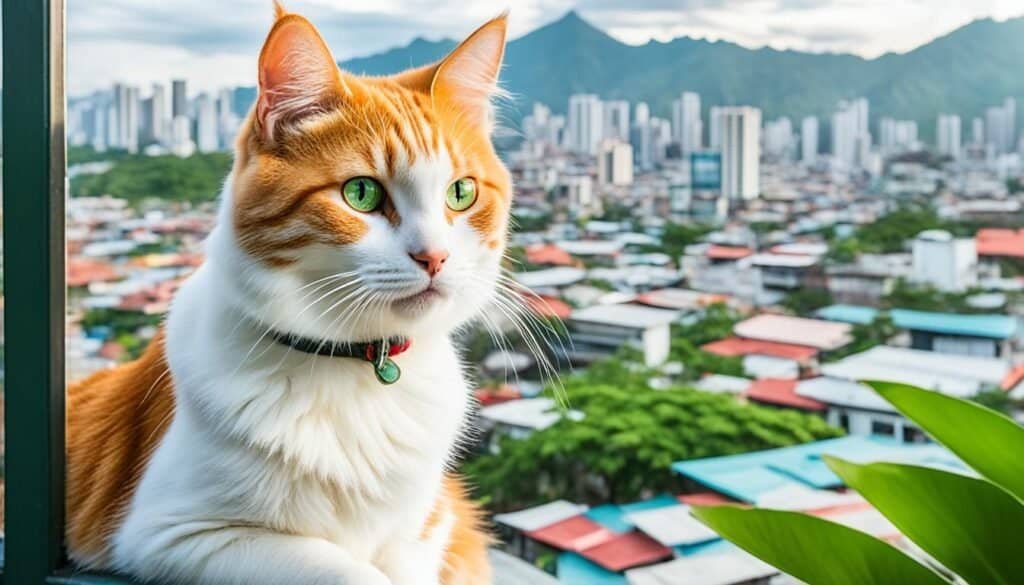
Health and Veterinary Care
Special needs cats require regular veterinary care to manage their specific health conditions. It is crucial to work closely with a veterinarian who has experience in treating special needs cats. Regular check-ups and medical assessments are essential to monitor their well-being and address any health issues promptly.
Regular Check-ups and Assessments
Regular check-ups are important to ensure the overall health of special needs cats. During these appointments, the veterinarian will conduct a thorough examination, monitor weight, assess mobility, and address any concerns. This allows for early detection of potential health problems and prompt intervention.
Medication Administration
Some special needs cats may require medication to manage their health conditions. It is important to adhere to the prescribed medication schedule and administer the medications correctly. Your veterinarian will guide you on proper administration techniques and the appropriate dosage for your cat’s medical needs.
Specialized Diets
Diet plays a crucial role in the well-being of special needs cats. Some cats may require a specialized diet to support their unique health conditions. This may involve specific nutrient ratios, limited ingredient diets, or prescription diets. Consulting with your veterinarian or a veterinary nutritionist can help determine the most appropriate diet for your cat’s specific needs.
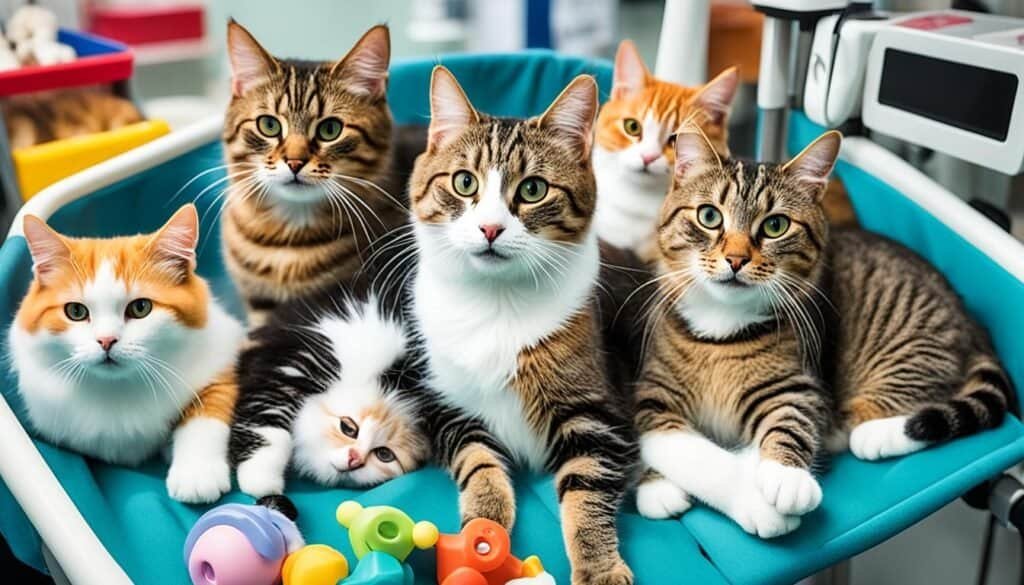
Nutrition and Feeding Strategies
Special needs cats, including special needs kittens, require tailored nutrition plans to address their specific health conditions and support their overall well-being. To ensure the best nutrition for these feline companions, it is crucial to consult with a veterinarian or a veterinary nutritionist who can develop a customized feeding plan.
Specialized diets may be recommended for special needs cats, taking into account their unique dietary requirements. These diets can address specific health concerns or provide necessary nutrients to improve their overall health and quality of life. Additionally, portion control may be necessary to manage weight and prevent complications related to obesity.
In some cases, dietary supplements may be recommended to support the specific needs of special needs cats. These supplements can provide additional vitamins, minerals, or other nutrients that may be lacking in their regular diet.
To ensure a stress-free feeding experience, it is important to pay attention to their eating habits and provide an environment where they feel comfortable. This can include feeding them in a quiet and secluded area, away from distractions or other pets. Consistency in feeding times can also help establish a routine, which can be beneficial for cats with special needs.
In summary, providing proper nutrition and feeding strategies is crucial for the well-being of special needs cats. Consulting with a veterinarian or veterinary nutritionist, following specialized diets, practicing portion control, and creating a stress-free feeding environment can all contribute to supporting their health and happiness.
Behavioral and Enrichment Techniques
Special needs cats may exhibit behavioral challenges due to their disabilities or past experiences. However, with the right approach, these challenges can be effectively managed, and their overall well-being can be improved. Using positive reinforcement techniques is essential in encouraging desired behaviors and building a trusting relationship with your special needs cat.
Incorporating mental and physical enrichment activities can greatly benefit special needs cats and keep them mentally stimulated and engaged. Interactive toys, such as puzzle feeders, can provide both mental and physical stimulation, helping to prevent boredom and encourage natural instincts. Playtime is also crucial for their overall happiness and well-being. It gives them an opportunity to have fun, exercise, and strengthen the bond between you and your furry companion.
Remember to tailor the behavioral and enrichment techniques to the specific needs and abilities of your special needs cat. Each cat is unique, and what works for one may not work for another. It’s important to observe their behavior, understand their limitations, and adapt the strategies accordingly.
Support and Resources in the Philippines
In the Philippines, caregivers of special needs cats can access a range of support and resources to ensure the best possible care for their feline companions. These resources are essential for providing specialized care and assistance to cats with disabilities and their caregivers.
- Local Animal Shelters: There are various animal shelters in the Philippines that offer specialized care for special needs cats. These shelters provide safe and nurturing environments where cats with disabilities can receive the attention and care they require.
- Rescue Groups: Rescue groups dedicated to special needs cats play a crucial role in providing care and finding loving homes for cats with disabilities. They work tirelessly to rescue, rehabilitate, and rehome special needs felines, helping them find the love and care they deserve.
- Veterinary Clinics: Many veterinary clinics in the Philippines have experience and knowledge in treating special needs cats. These clinics provide medical treatments, surgeries, and consultations tailored to meet the specific health needs of cats with disabilities.
- Online Communities and Support Groups: Caregivers of special needs cats can find guidance and a sense of community in online communities and support groups. These platforms offer a space to connect with others facing similar challenges, share experiences, and seek advice from experienced individuals.
Exploring these resources and seeking support from local organizations and online communities can significantly enhance the care and well-being of special needs felines in the Philippines.
Having access to support systems and resources enables caregivers to provide specialized care and create a nurturing environment for their cats with disabilities. By collaborating with local animal shelters, rescue groups, veterinary clinics, and online communities, caregivers can ensure that their special needs felines receive the love, attention, and medical treatments they require.
Conclusion
Caring for special needs cats in the Philippines requires compassion, understanding, and access to appropriate resources. These cats, with their unique disabilities, still have the ability to thrive and enjoy a good quality of life with the right care and support.
Creating a supportive environment is crucial for these special feline companions. By making modifications to their living spaces, such as ramps or stairs for mobility-impaired cats and soft bedding for those with sensitive skin, we can ensure their safety and comfort.
Addressing their specific health needs is also essential. Regular veterinary care, including check-ups, medication administration, and specialized diets, is crucial for managing their individual conditions. Monitoring their weight, mobility, and overall well-being will help us provide them with the necessary care they deserve.
Furthermore, enriching their lives through interactive toys, puzzles, and playtime will stimulate their minds and keep them mentally and physically engaged. By providing mental and physical stimulation, we can enhance their overall well-being and help them lead fulfilling lives.
Remember, caring for special needs cats also requires support from local organizations and communities. Seek out local animal shelters, rescue groups, and veterinary clinics that provide specialized care and assistance for these special feline companions.
With collective efforts, we can ensure that special needs cats in the Philippines receive the love, care, and attention they need to thrive. Together, we can make a positive difference in the lives of these special feline friends. Let us provide them with the compassion and specialized care they deserve.
FAQ
What are special needs cats?
How can I create a supportive environment for my special needs cat?
What kind of veterinary care do special needs cats require?
What kind of nutrition and feeding strategies should I consider for my special needs cat?
How can I address behavioral challenges in my special needs cat?
What support and resources are available for special needs cats in the Philippines?
Last modified: March 4, 2024

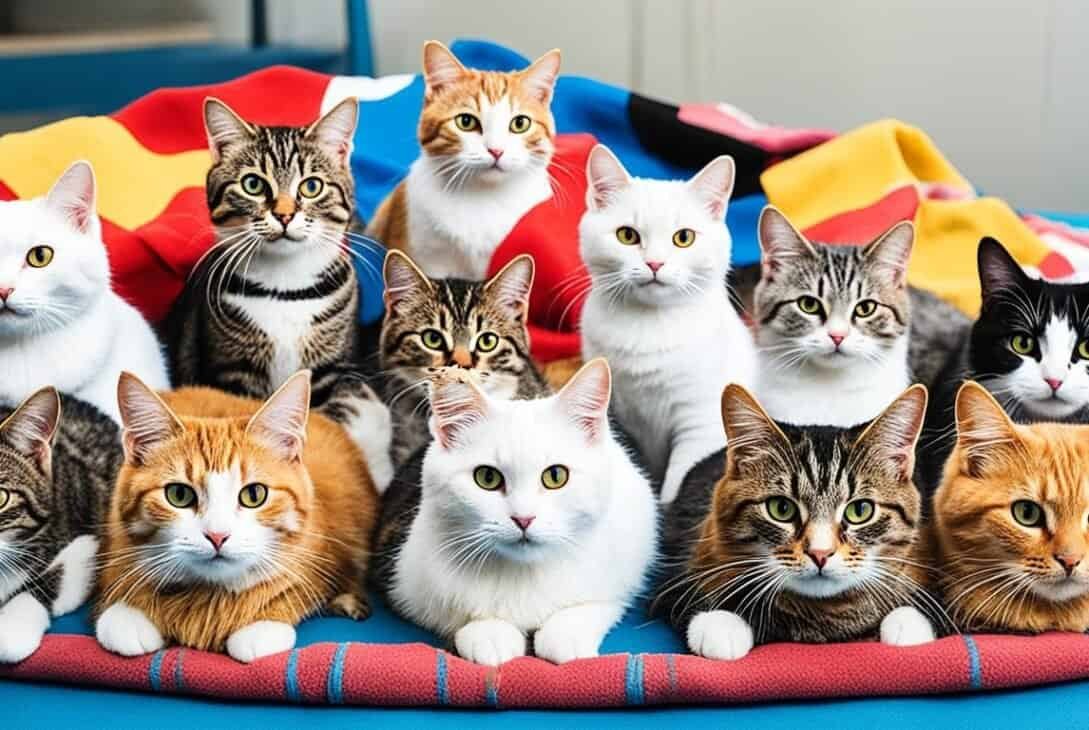

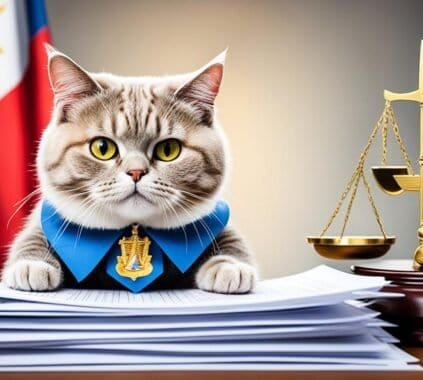
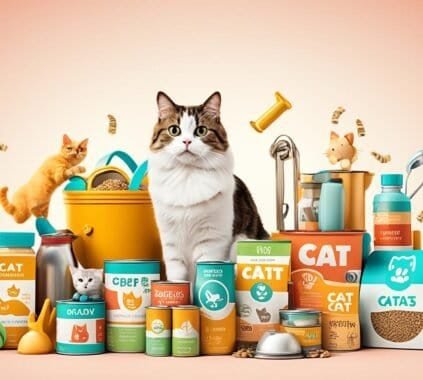



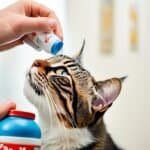





[…] also promotes healthy skin and prevents various health issues. To ensure that you provide the best care for your cat, it is important to have the right cat grooming tools and supplies at […]
[…] require increased water intake. The moisture-rich nature of wet cat food helps ensure that these cats receive the hydration they need to support their overall […]
[…] these factors can help cat owners provide appropriate care and support for their feline friends. By ensuring a cat’s genetics, age, health, nutrition, […]
[…] If you are interested in adding a Ragdoll cat to your family, you have a few options. Reputable breeders specialize in producing healthy and well-socialized Ragdolls and can provide information about the breed’s lineage and health history. You can also consider adopting a Ragdoll cat from a rescue organization or shelter. This can be a rewarding way to give a loving home to a cat in need. […]
[…] Coon cats are large domestic cats known for their friendly temperament and the need for ample space to exercise and climb. Here are some essential care tips to keep your Maine Coon […]